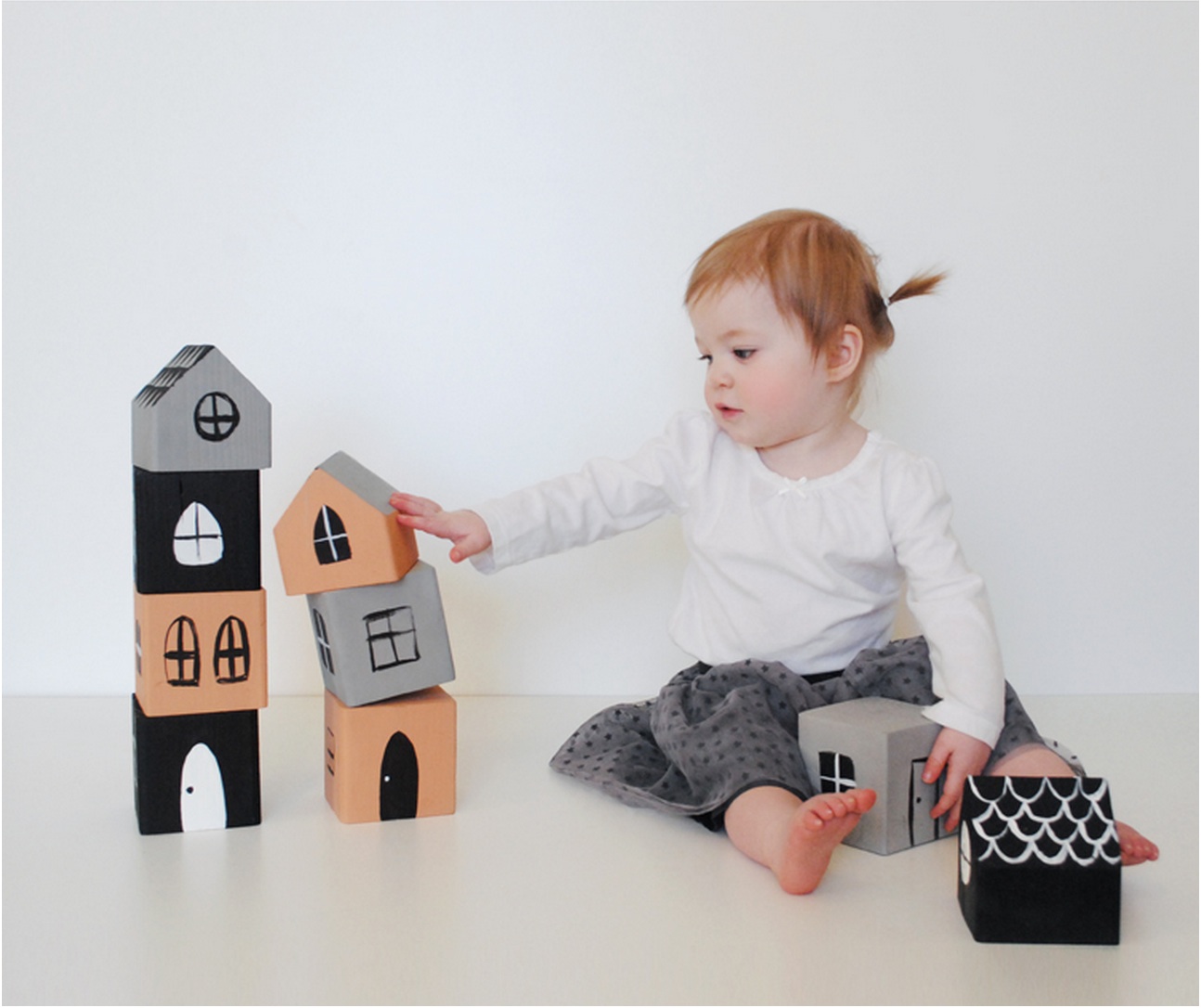
Embracing New Frontiers: Redefining Masculinity in Modern Parenting
In recent decades, the landscape of fatherhood has undergone a profound transformation. The traditional archetype of the stoic, distant father figure has evolved into a more inclusive and nurturing role. Today, men are redefining masculinity within the realm of parenting, embracing emotional vulnerability, involvement, and empathy.
Gone are the days when the father’s role was solely defined by being the breadwinner and disciplinarian. Contemporary dads are active participants in their children’s lives, challenging stereotypes and reimagining what it means to be a nurturing parent.
Breaking the Mold
Masculinity, as traditionally understood, often encompassed characteristics like strength, stoicism, and an avoidance of emotional expression. However, this narrow definition limited the emotional depth and involvement of fathers in their children’s lives. The modern shift challenges these norms, encouraging men to be emotionally available, supportive, and engaged caregivers.
The new wave of fatherhood embraces vulnerability, understanding that showing emotions, empathy, and affection doesn’t diminish masculinity. Instead, it fosters stronger connections and healthier relationships with their children.
Embracing Inclusivity
In the past, parenting was primarily seen as the mother’s domain, relegating fathers to secondary roles. Today, dads are reclaiming their space in the parenting sphere, emphasizing that nurturing and caregiving are not gender-specific traits but human ones.
This inclusivity benefits both fathers and children. Children grow up in environments that are richer in love, understanding, and diverse perspectives. Fathers, in turn, experience the profound joys of active involvement in their children’s emotional and cognitive development.
Role Modeling New Norms
By embracing a more inclusive approach to parenting, fathers become powerful role models for their children. Sons learn that masculinity isn’t rigid or confined to outdated stereotypes. They witness their fathers displaying emotions, communicating openly, and being actively involved in caregiving—qualities they are likely to emulate in their own lives.
Similarly, daughters grow up with a broader understanding of masculinity, recognizing that sensitivity, empathy, and strength can coexist. This broadens their worldview and influences the relationships they seek in their future.
Overcoming Challenges
Despite this paradigm shift, challenges persist. Societal expectations and ingrained stereotypes can create pressure on men to conform to traditional masculine ideals. Dads might face criticism or judgment for stepping outside these boundaries. However, the key lies in fostering a supportive environment that encourages and celebrates diverse expressions of masculinity.
It’s essential to create spaces—online, in communities, and within families—where fathers can share experiences, seek advice, and celebrate their successes in nurturing roles.
Embracing Emotional Intelligence
Emotional intelligence is crucial for healthy relationships and personal growth. Dads play a pivotal role in nurturing this in their children by openly discussing emotions, actively listening, and validating their feelings.
Encouraging kids to express themselves without fear of judgment helps them develop resilience and a strong sense of self. Fathers who engage in these conversations provide invaluable guidance and support, laying the foundation for their children’s emotional well-being.
The evolution of masculinity within the realm of fatherhood marks a transformative shift—one that’s reshaping family dynamics and societal perceptions. This ongoing journey toward redefining masculinity is a testament to the changing narratives surrounding fatherhood.
As fathers continue to break free from traditional molds, they pave the way for a more inclusive and nurturing future. It’s a movement that acknowledges the diverse facets of masculinity, encouraging emotional expression, empathy, and active involvement in caregiving.
By embracing this evolution, fathers not only enrich their own lives but also create a ripple effect that resonates through generations. They foster a legacy built on emotional intelligence, inclusivity, and genuine connections—a legacy that transcends societal norms and embraces the beauty of individuality.
This paradigm shift is a celebration of the multifaceted nature of fatherhood—a role that encompasses strength, vulnerability, guidance, and empathy. It’s a recognition that being a nurturing father doesn’t diminish masculinity but rather enriches it, offering a more holistic and fulfilling experience of what it means to be a man in today’s world.
As fathers continue to champion these progressive ideals, they lay the foundation for a society where gender roles are fluid, and expressions of love and care are boundless. This journey is not without challenges, yet every step toward a more inclusive and emotionally connected fatherhood is a stride toward a brighter, more empathetic future for families everywhere.
The redefined masculinity in parenting is a journey of growth, resilience, and love. It’s a journey that transcends stereotypes and empowers fathers to become active, emotionally present caregivers. As they continue to navigate this path, they sow seeds of change, nurturing not just their children but also a world that values empathy, inclusivity, and the transformative power of involved fatherhood.




